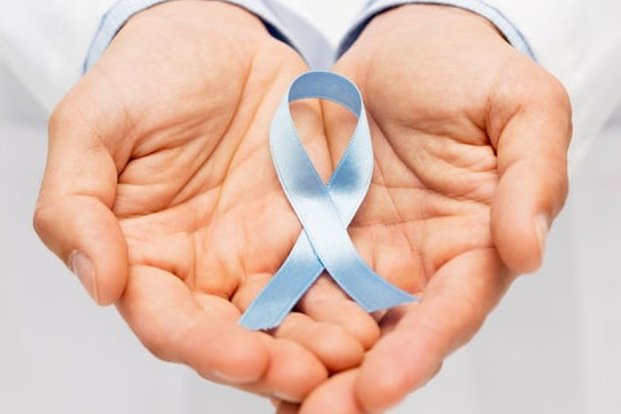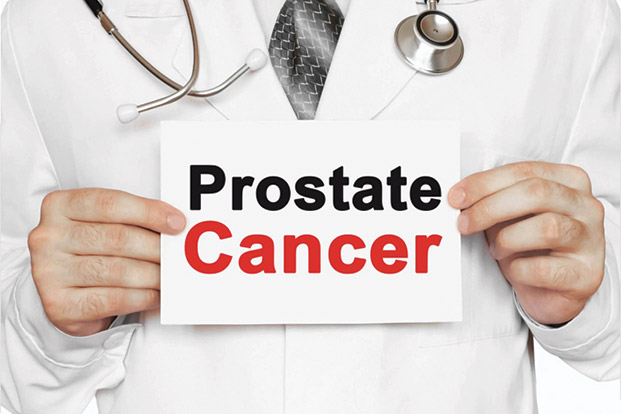Categories
- Bariatric Surgery (11)
- Black Fungus (5)
- Bone Marrow transplant (3)
- Brain Tumor Surgery Navigation Technology (20)
- Cardiac Surgery (66)
- Cardiology (97)
- Computer navigation technology for joint replacements (20)
- Covid Vaccination (17)
- Critical Care (2)
- Dental (19)
- Dermatology (31)
- Dialysis Support Group - “UTSAAH” (11)
- Dietitian (33)
- Emergency Medicine (4)
- Emotional Health (11)
- Endocrinology (33)
- ENT (20)
- Gastroenterology and GI Surgery (53)
- General and Laparoscopic Surgery (21)
- General Surgery (4)
- Gynecology & Obstetrics (183)
- Hematology (20)
- Internal Medicine (294)
- Kidney Transplant (50)
- Kidney Transplantation (20)
- Lung Cancer (8)
- Minimal Invasive Surgery (1)
- Mother & Child (20)
- mucormycosis (5)
- Nephrology (61)
- Neurology (147)
- Neurosurgery (68)
- Nutrition and Dietetics (107)
- Omicron Variant (1)
- Oncology (288)
- Ophthalmology (10)
- Orthopaedics & Joint Replacement (86)
- Paediatrics (59)
- Pediatric Nephrology (3)
- Physiotherapy (5)
- Plastic & Reconstructive Surgery (6)
- Psychiatry and Psychology (90)
- Psychologist (28)
- Pulmonology (72)
- Rheumatology (13)
- Spine Services (21)
- Transradial Angioplasty (16)
- Urology (84)
Query Form
Posted on Apr 19, 2022
Enlarged Prostate: A Complex Problem
Are you above 50 yrs of age and have to go to the bathroom numerous times, especially at night? Such nightly runs to the bathroom could be the first sign of an enlarged prostate. Other symptoms could involve problems starting the urine stream, dribbling or leaking. Enlarged prostate, like gray hair, is a natural byproduct of aging. The issue is that the nightly runs to bathroom become more frequent and consequently edge their way to daytime. Many men cannot sit throughout a meeting or even on a flight without going to the urinal. This problem has many names such as enlarged prostate, BPH or benign prostate hyperplasia. The most common kind of prostate for men above 50 years is the prostate enlargement. By the age of 60 years, over 50% men get BPH and b the age of 85 years, this number goes to as high as 90%.

Symptoms & Causes of Enlarged Prostate
Amongst men, the urine flows from the bladder through the urethra. BPH is noncancerous or benign enlargement of the prostate which blocks the urine flow from the urethra. Prostate cells slowly multiply and create enlargement which puts pressure on the urethra or the chute from which urine & semen leave our body.
When the urethra constricts, the bladder needs to contract with more force to push the urine out from the body. With time, the bladder muscles could gradually get thicker, stronger & overly sensitive as it starts to constrict even if it has less urine. This causes the urge to urinate frequently. Consequently, bladder muscle is unable to overcome the impact of narrowed urethra hence the urine stays in bladder & it isn’t completely vacant.
Enlarged Prostate: Symptoms
- Slow or weak urinary stream
- Feeling of an incomplete bladder emptying
- Frequent urinal
- Problems in start of urination
- Frequent urination nights
- Urgency of urinating
- Urinary stream which starts & stops
- Continuous dribbling of urine
- Straining for urination
- Feeling the urge for urination only minutes after having urinated
If the bladder is not emptying completely, one could be at a risk for having urinary tract infections. Other severe issues could also compound with the passage of time, such as blood in urine, bladder stones & acute urinary retention or the inability to urinate. A complete & sudden inability in urinating is a medical emergency wherein which we should immediately consult a doctor.



